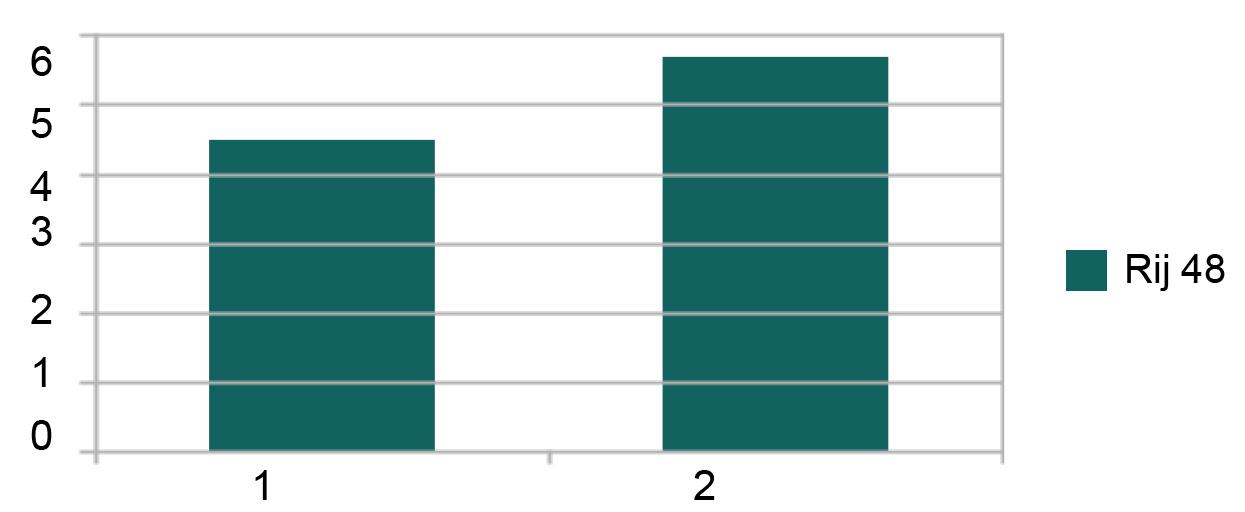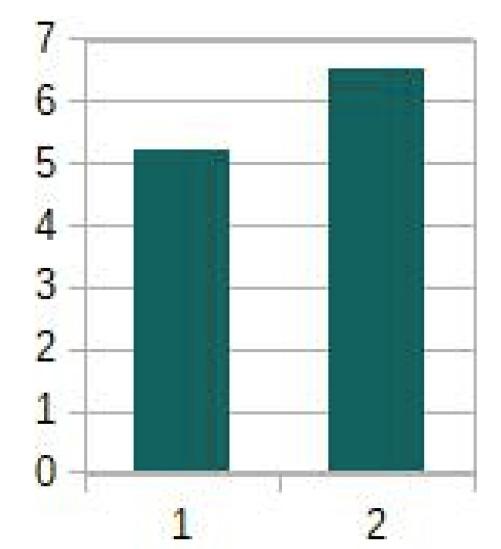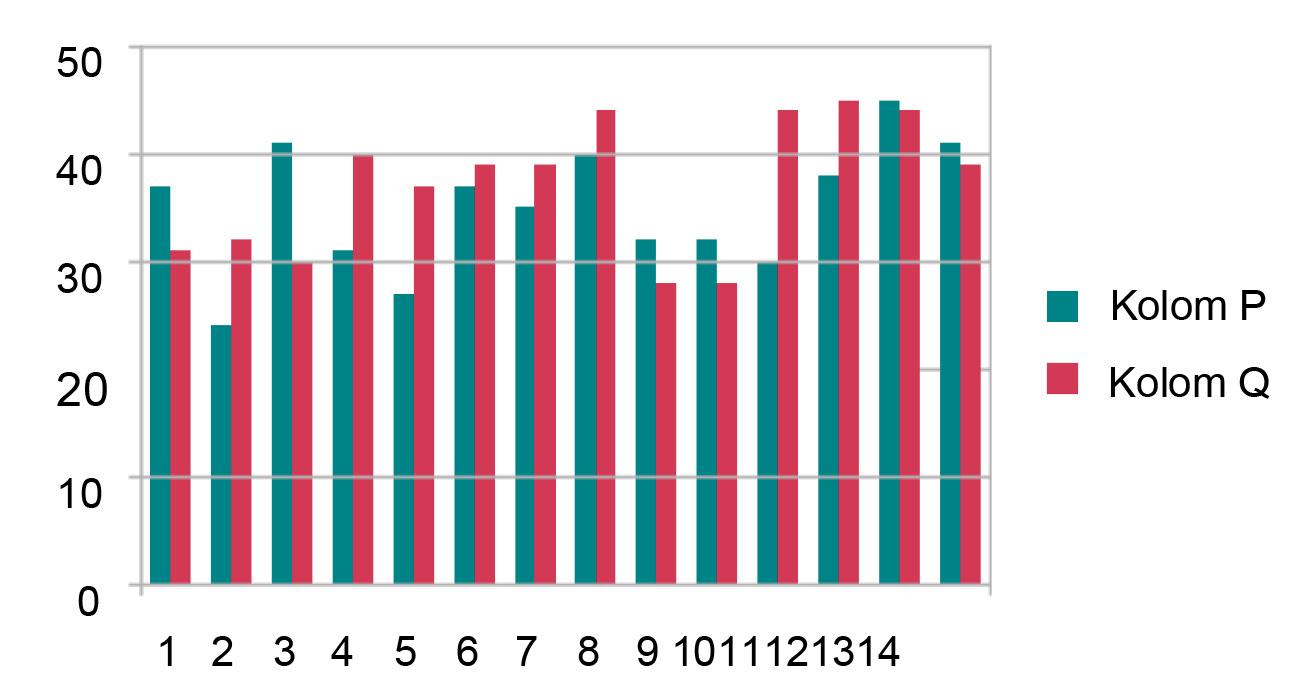
9 minute read
Sn. Andrews Georgian University, Tbilisi, Georgia; D. Uznadze Psychological-Counseling Center, Irvine, United States of America
scientific journal of the modern education & research institute • The Kingdom of Belgium
The role of training in changing public attitudes towardsthe Students with Sp ecial Educational Needs
Advertisement

Maia Kalandarishvili (kalandarishvilimaia64@gmail.com) Sn. ndrews Gerogian niversity
amar ukhashvili (tukhashvilitamar@gmail.com),
D. znadze Psychological- ounseling enter ka inoshvili (ekaterine_ninoshvili@yahoo.com)
bstract

The theme is about the training ,which was held at D. Uznadze Psychological-Counseling Center for students with special educational needs and the survey of the attitude of the training participants before and after the training. disorders of the students with special educational needs, there are also presented the results of a similar study conducted in Georgia .It also describes the effective impact of the training how to change the Georgian population attitude towards the students with special educational needs.
According to the Convention on the Rights of the Child(2006), education is a fundamental right of all children. Inclusive education is an approach that means involving a student with special educational needs in the educational process with peers. The term ,special educational need means learning difficulties or disabilities in the learning process, which is faced by the student and it’s difficult for him/her to overcome without special help.
The student with special educational needs can be a student who has: a )physical disorder; b) intellectual disorder;c) sensory disturbance (hearing and / or sight); d) speech disorder; e) behavioral and emotional disorders; f) the need for long-term hospitalization; g) difficulties due to social factors and for this reason he/she is not able to overcome the requirements of the National Curriculum.
The need for this research is due to the fact that in general, many people talk about raising awareness through various means of communication: media, social network, by raising competence in inclusive education (training, webinars, etc.). In fact, whether this approach has an impact on changing attitudes towards the students with special educational needs has not been discussed while doing the experiment.
Purpose and objectives of our research: 150 people participated in the study at the Dimitri Uznadze Psychological-Counseling Center. The training was named,, «Theory and Practice of Inclusive Education»).
The training consisted of two parts; Theoretical, where the essence of inclusive education was discussed, developmental disorders(down syndrome, autism spectrum, attention deficit and hyperactivity syndrome (ADHD), ), intellectual development disorders, etc.; legislative case in Georgia about inclusive education regulations, exercises and discussion, which was directly related to a specific violation and etc. The duration of the theoretical part was 24 hours, 6 days, four hours a day with face-to-face contact.
In the second part of the training, participants received information about the evaluation criteria, which would help to describe students’ skills in the assessment process in different areas:
motor (large motor skills and fine motor skills), cognitive, academic skills, functional, communicative skills, using them they had to identify strengths and weaknesses and then– write down, delivered case based on standard format of individual plan. The practical part also included 24 working hours, 6 days, four hours a day (total theory and practice -48 hours).
The study was attended by students, lawyers, journalists, representatives of the medical field, school special teachers and subject teachers, psychologists, university professors, language and speech specialists, personal assistants, kindergarten teachers, parents of the students with special educational needs. The study used side variables: age, education, gender, employment, and «who rated» (or one with a disorder).
Purpose of the study
Determining the attitude of the training participants towards the the students with special educational needs in the emotional-cognitive context.
ompleted tasks to achieve the goals • To determine the attitude towards the students with special educational needs before and after the training through the Criterion, Fabrigar and Pete Addiction Scale. • Comparative analysis of data.
Hypothesis of the research
Acquisition of knowledge (in this case the training format) in inclusive education changes the attitude towards the students with special educational needs both in the cognitive and emotional components.
Research Methodology(Criterion, Fabrigar and Pete Addiction Scale).
nstruction
Evaluate a student with special educational needs according to the given criteria, who has one of the listed disorders (underline): physical disorder,intellectual disorder, sensory disturbance (hearing and / or sight), speech disorder,behavioral and emotional disorders,the need for long-term hospitalization, difficulties due to social factors and for this reason he/she is not able to overcome the requirements of the National Curriculum.
The respondent must answer 2 questions. He is asked to describe his feelings towards the object of study on an 8-point scale (for the emotional component), then assesses the characteristic traits on the following pairs on a 7-point scale (for the cognitive component) (see the scale).
1. Choose the number on each scale that best describes your feelings toward snakes: -3 -2 -1 0 1 2 3
hateful Sad annoyed tense Bored Angry Disgusted sorrow 3 3 3 3 3 3 3 3 2 2 2 2 2 2 2 2 1 1 1 1 1 1 1 1 1 1 1 1 1 1 1 1 2 2 2 2 2 2 2 2 3 3 3 3 3 3 3 3 Love delighted Happy Calm excited relaxed acceptance Joy
2. Please choose the number on each scale that best describes the traits or characteristics of snakes: -3 -2 -1 0 1 2 3
useless foolish unsafe Harmful Worthless Imperfect unhealthy 3 3 3 3 3 3 3 2 2 2 2 2 2 2 1 1 1 1 1 1 1 1 1 1 1 1 1 1 2 2 2 2 2 2 2 3 3 3 3 3 3 3 useful Wise Safe beneficial valuable perfect wholesome
Th e analyze of experimental data
1) General date for all types of disorders of the students with special needs: The results of experimental date represents that our main hypothesis is improved. The planed training as an independent variable impacts on the change of attitudes toward the students with special educational needs. The change is in positive direction according to the scale of attitudes. Before the training the average score of emotional component of the attitude was 4,5 – little bit more,than neutral valence of the attitude. After the training it becomes 5,7 – much more positive, then neutral. This difference between the scores is statistical significant ( T test = 3,5 P < 0.05 fig. 1 )

Figure. 1 he scores of emotional component of attitude toward the students with special educational needs 1. Before training 2. fter training
The same difference is in the cognitive component of the attitude before training and after training. Before training score was 5.19 and after training – 6.5. The valence of the cognitive component of the attitude became mush more positive after the training. This difference is statistically significant (T test = 4,5 p < 0,05 fig. 2)

Figure. 2 he scores of cognitive component of attitude toward the students with special needs 1. Before training 2. fter training

2) The date analyze according to disorders of the students represents: a) In the cases of physical limitation before training there were the difference between the valence of emotional and cognitive components. The score of cognitive component is more high and this deference has high statistical significance (T test – 7.5p < 0.01 ,) This means, that before the training cognitive evaluative acceptance was higher, than emotional acceptance in the case of physical limitation of the children. (fig. 3)
Figure. 3 he evaluation of emotional and cognitive components of attitudes before training in the case of physical disorders

After training it was increased the emotional acceptance and the became just as high as the cognitive component. Before training emotional acceptance of the children with physical limitation was neutral and after training it became much more positive. (fig.4 )
Figure. 3 he evaluation of emotional and cognitive components of attitude after training in the case of physical disorders. Kolomn P – emotional component. Kolomn Q -cognitive component
b) In the cases of other disorders such as intellectual disorder, sensory (hearing / sight) disorder, speech disorder, behavioral and emotional disorders, long-term hospitalization, difficulties in social factors there were not significant differences between components of attitudes. This means that before training the children with mentioned disorders have the same level of acceptance as emotional and in cognitive components of the attitude.
3) The influence of other variable, such as age, education level and employment.
We contacted a correlation analysis of age, education level and employment with scores emotional and cognitive components of attitude toward the students with special educational needs.
A) There was middle positive correlation between the age and cognitive component of attitude in the general date R = 0,54 p < 0.05 . This means, that according to age increase the cognitive assessment of the students with special educational needs for every types of disorder becomes more positive and tolerant b) The level of basic education and employment aren’t in correlation with the attitude components. This means that the assesscment of the student with special needs is not sensitive forward such variable, as basic education level and employment.
onclusions:
1) Our training system about the students with special educational needs was effective and the attitude toward such pupils had become more positive and receptive, than was before training. The communication with training has high probability to be effective in Georgia. This means, that our training system, lectures and psychological exercises affect on the attitudes toward the students with special needs and this affect is in positive direction. Georgian people becomes more receptive and tolerant towards the students with special educational needs with every type of disorders. This result is most effective in the case of physical disorder of the students with special needs. 2) According to age increase the cognitive assessment of the students with special educational needs for every types of disorder becomes more positive and tolerant 3) The assessment of the students with special educational needs in Georgia is not sensitive forward such variable, as basic education level and employment of Georgian people.
eferences

1.
2.
3. 4. 5.
6.
7. Inclusive Education – A Guide for Teachers. Ana Laghidze, Tatia Pachkoria, Maia Bagrationi.- Tbilisi-2009. Inclusive education – student, family and school. Tatia Pachkoria, Salome Mazmishvili, Tamuna Kbiltsetskhlashvili, Ketevan Iashvili, Meiko Chelidze. National Curriculum (2011-2016). http://www.mes.gov.ge/ Public attitude towards the students with special educational needs– Tamar Tukhashvili; Proceedings of the Georgian University, [volume # 3, p.317], Publishing House «Georgian University» – Tbilisi 2017 Basics of inclusive education (training materials) – D. Uznadze Psychological-Counseling Center, T. Tukhashvili, E. Ninoshvili.-2016-2020. Law of Georgia on General Education http://www.inclusion.ge/



